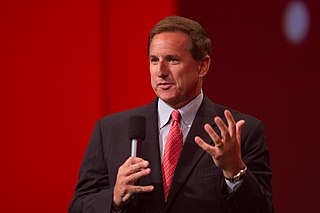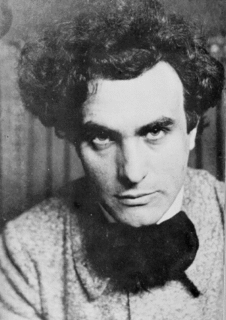A Quote by Patrick Lencioni
An organization has integrity—is healthy—when it is whole, consistent, and complete, that is, when its management, operations, strategy, and culture fit together and make sense.
Related Quotes
Truly human leadership protects an organization from the internal rivalries that can shatter a culture. When we have to protect ourselves from each other, the whole organization suffers. But when trust and cooperation thrive internally, we pull together and the organization grows stronger as a result.
I imagined Kandinsky's mind, spread out all over the world, and then gathered together. Everyone having only a piece of the puzzle. Only in a show like this could you see the complete picture, stack the pieces up, hold them to the light, see how it all fit together. It made me hopeful, like someday my life would make sense too, if I could just hold all the pieces together at the same time.
Projects are usually undertaken to either solve a problem or take advantage of an opportunity. The probability that the project - even if precisely executed - will complete on time, on budget, and on performance is typically small. Project management is utilized to increase this probability. So in a sense, project management is risk management.
What I find in a creative company is while there is a desire to build a management foundation that can feel clear and consistent, the unique product we're in Illumination Entertainment making doesn't always allow for that. So rather than following management strategy that talks about building your structure and then staffing that structure, I tend to build the structure around the strengths of the individual people we have.
Until I came to IBM, I probably would have told you that culture was just one among several important elements in any organization's makeup and success - along with vision, strategy, marketing, financials, and the like... I came to see, in my time at IBM, that culture isn't just one aspect of the game, it is the game. In the end, an organization is nothing more than the collective capacity of its people to create value.
I am also involved with all the acquisitions and overall strategy. Now it's true, I don't run operations. But I've never really run operations. I've never had the endurance to run sales. The whole idea of selling to the customer just isn't my personality. I'm an engineer, tell me why something isn't working or is and I am curious.
It's not a question of arriving and putting in a whole new administration, but instead, arriving and "compacting" things as much as possible, reducing management layers. We want as few management layers as possible, so that executives are very close to the operations. We also don't believe in having big corporate infrastructures.
Of all the arts, music is the one communal art. It requires for its existence extensive cooperation and organization...Singing together the greatest choral music of all time is the surest way of developing in a community that sense of quality and reverence for beauty, which is the basis of a musical culture...Entertainment has its place in life just as candies and cocktails have, but health is not built on such a diet alone, nor culture exclusively on amusement.






































